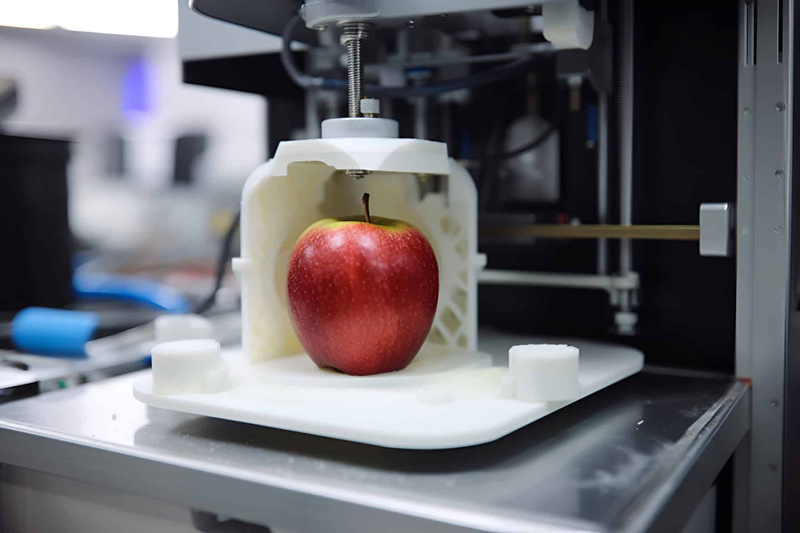

Rosh Hashana begins a new Jewish year, and with it a new cycle of holidays and rituals that are the rhythm of Jewish life. And what would a Jewish holiday be without food?
Researchers at the Hebrew University of Jerusalem (HU) have a long history of success developing more sustainable food sources in research labs and startup companies focused on agtech, foodtech, and nutrition. This has led to significant improvements in food sourcing, alternative proteins, and symbolic foods like honey, pomegranates, and wine for the Jewish new year.
Israel’s startup nation began in part with Yissum in the early sixties, which was founded as the tech transfer hub of Hebrew University to bring technological innovations to market. Since then, Yissum has created thousands of patents, inventions, portfolio companies and licensing agreements including those that address major global food issues ─ like using less water, providing higher crop yields, or requiring fewer pesticides.
Yissum works closely with the Hebrew University Robert H. Smith Faculty of Agriculture, Food, and Environment, which also cultivates many food startups.
“Startups have become the growth engine of the food industry,” said Ilya Pittel, Vice President of Business Development for Yissum. “There’s a lot of know-how in Israel in food technology, and the talent and innovation at Hebrew University is proof.”
For example, pomegranates ─ an ancient, symbolic fruit ─ hold great promise for treating nerve cell degeneration. Hebrew University helped co-found Granalix, the developer of GranaGard, a supplement derived from pomegranate seed oil shown to improve cognitive function in multiple sclerosis patients.

Alternative Proteins – New Year, New Foods
One of the most exciting and fast-growing food research areas is sustainable, alternative proteins. Researchers are replacing animal-based products ─ both meat and dairy ─ with alternatives created from plants, fungi, microorganisms (e.g., algae), and cultivated animal cells from meat, fish, or chicken that are grown and harvested in a lab. These products require less land, water, and energy, don’t require antibiotics, and have a similar nutritional profile as animal-based protein.
Hebrew University’s interdisciplinary approach yields a significant crop of innovations each year. Researchers focused on artificial intelligence, agriculture, stem cells, nanotechnology, and tissue engineering are but a few of those involved in food and nutrition breakthroughs.
Within Israel, Hebrew University leads the way with 12 labs already conducting cutting-edge research into alternative proteins, and many more in the works. Among the most promising companies founded by Hebrew University researchers ascending the food pyramid include:
Believer Meats®, founded by Hebrew University Professor Koby Nahmias, produces tasty, nutritious lab-grown meat, chicken, and lamb. The company plans to open a state-of-the-art production facility in North Carolina 2024.
ChickP created a breakthrough patented technology for producing functional, 90% chickpea proteins which can be used in an endless list of applications including meat and dairy-like foods, beverages, pastries, snacks, cereals, and more.
SavorEat may soon answer the question, “What shape would you like your burger?” The company developed 3D printing technology to create many foods in various shapes and designs, which will reduce waste and customize each person’s culinary preference.

Kinoko-Tech combines the magic of fungi and plants to create the next generation of protein superfoods using a new fermentation process developed at Hebrew University.

Wilk is the only company in the world that’s producing both animal and human milk. They have developed a process of cell extraction and replication to create a milk alternative that matches components found in milk from any mammal, including humans.